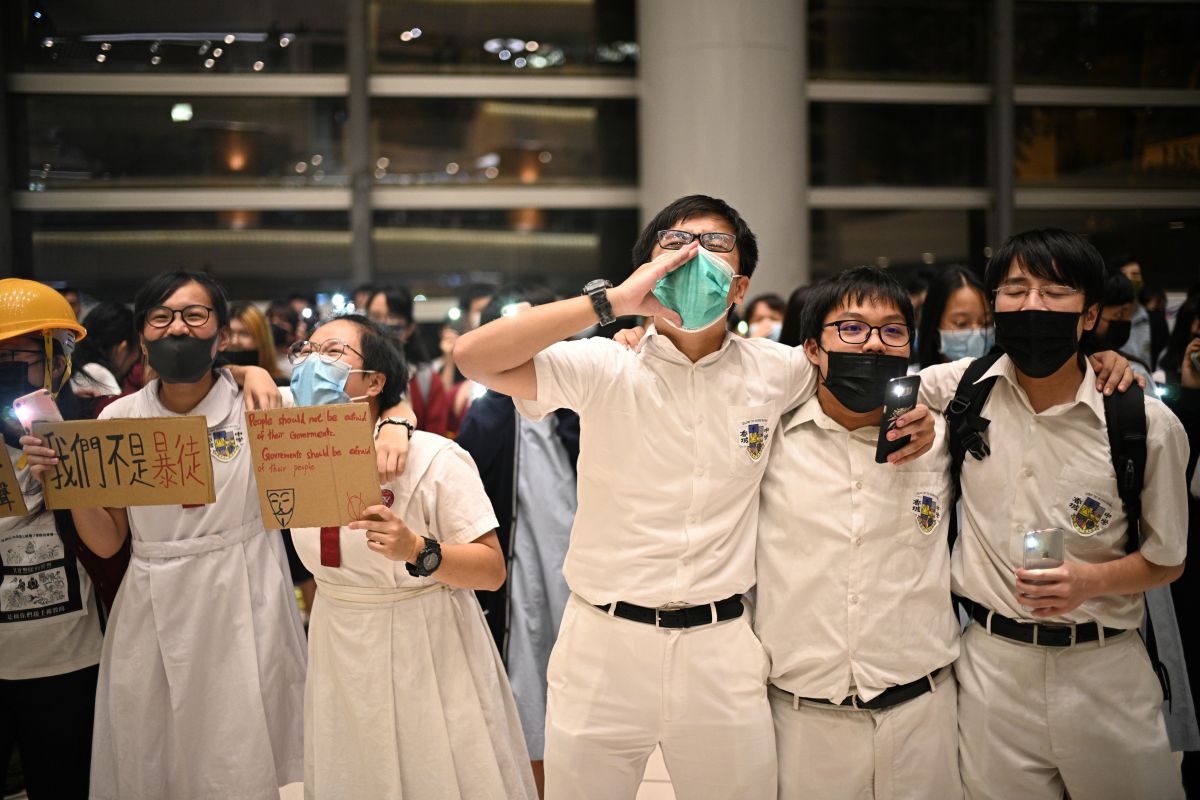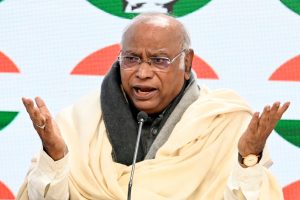There was an element of pregnant symbolism when protesters in Hong Kong trampled on the Chinese flag on Sunday and painted it black before dumping it into a river. As much as an insult to the overwhelming crimson, the dominant colour of the flag, it was an eloquent expression of the angst of the protectorate against the increasing domination of the government in Beijing, helmed by the President-for-life, Xi Jinping. The core issue over the 16th consecutive weekend has gone beyond the proposed extradition to China or the deferment of the contentious Bill.
Hong Kong’s chief executive, Carrie Lam, has renewed her assurance with the pledge that she will formally withdraw the controversial extradition bill that ignited the upheaval in June. But over the past three months, the demands of demonstrators have expanded to include an independent inquiry into police action as well as implementing universal suffrage. In a word, the upheaval today is far more sweeping in its scope.
There is little doubt that the island’s freedoms, including independent courts, press, and the rule of law, have been eroded since the former British colony was handed over to China in 1997, under an agreement that promised Hong Kong a “high degree of autonomy” for 50 years. In the event, there is little or no autonomy, let alone democracy. The trampling of China’s flag has happened 10 days before the country celebrates its national day on 1 October, the 70th anniversary of the founding of the People’s Republic of China.
Hong Kong has cancelled fireworks originally scheduled for the day, and the police have intensified the crackdown. The euphoria in mainland China is inching towards a deeper tragedy in its protectorate. No fewer than 1,400 people have been arrested since June. Last week, Amnesty International released a report based on interviews, showing a “disturbing pattern” of arbitrary arrests and “retaliatory violence”. By making a travesty of the flag, the protestors may arguably have upped the ante.
China might well buttress the local police crackdown, indeed go beyond the deployment of the People’s Liberation Army in the stillness of the night. Two 13-year-olds have been arrested, one of whom was accused of burning the Chinese flag. Offenders are liable to a fine and imprisonment for up to three years. Under Hong Kong law, offenders under the age of 14 cannot be sentenced to prison. The disaffection of the adolescent, verily a cross-section of Hong Kong’s populace, is profound.
The escalation of tension has overshadowed the run-up to a significant political anniversary for Beijing. As the 1 October holiday approaches, Beijing has put extensive security measures in place. The authorities are keen not to let any incident mar the day, which will be marked by a massive military parade and a speech by President Xi Jinping. The message is clear ~ China has virtually taken over Hong Kong’s security a week before the 70th anniversary. For all the reassuring pledges, the chief executive counts for little.










